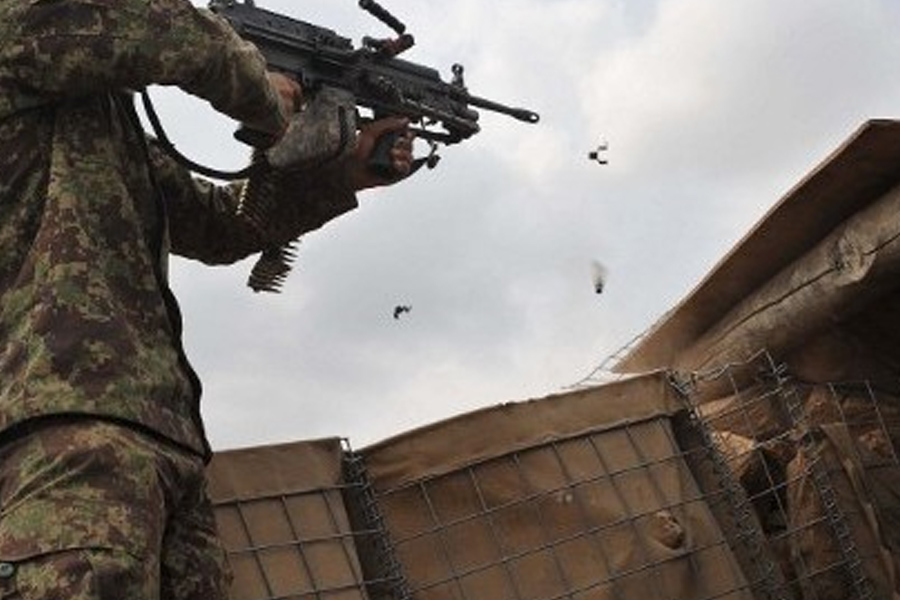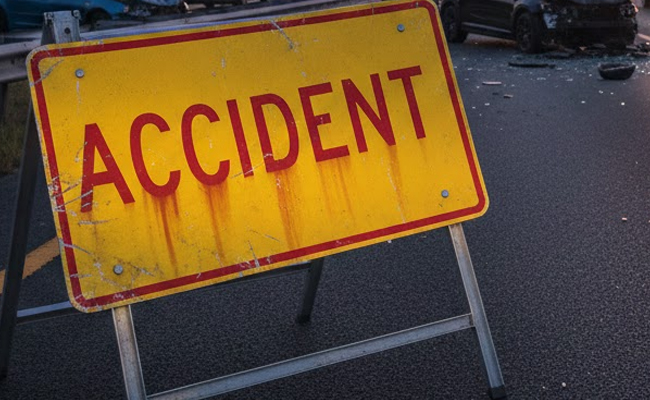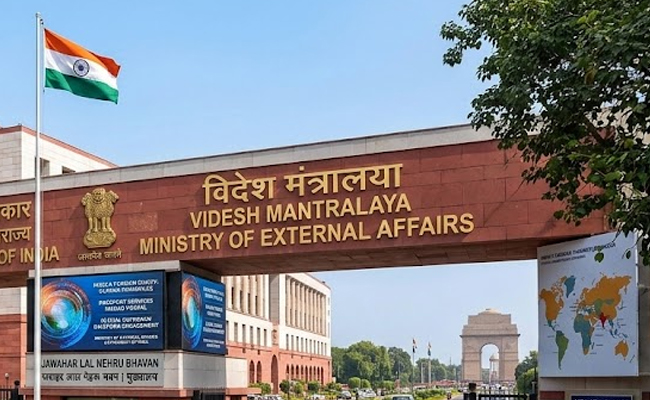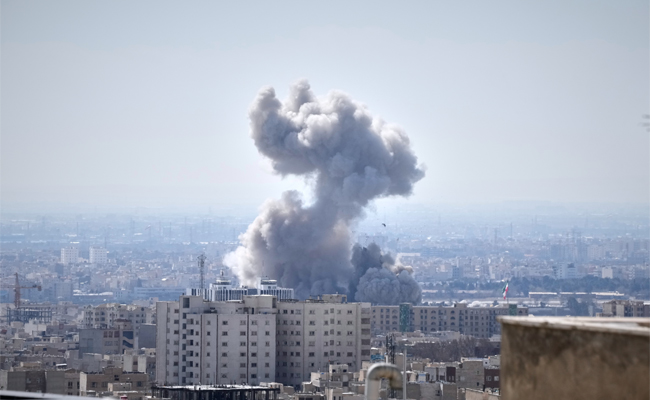Kabul, Sep 10 : At least 31 members of the security forces and 81 Taliban rebels were killed, while dozens of others were wounded in three offensives by the insurgents earlier in the day in the northern and central Afghanistan, an official told the media on Monday.
In the northern Kunduz province, the Taliban had launched an overnight attack on a security check post in Dasht-e-Archi district, killing 13 people and wounding 15 others, according to Provincial Council head Yusuf Ayubi.
Kunduz police spokesperson Inamuddin Rahmani confirmed the attack but claimed that only two policemen were killed and four were wounded in the attack, adding that all 11 insurgents were killed by the forces, Efe news agency reported.
Dozens of the Taliban militants had also carried out an attack at the centre of Khamaab district, in northern Jawzjan, and laid siege on government buildings and security outposts, according to provincial security chief Hafiz Khashi.
"Eight of our security forces were killed and three injured, while 10 Taliban were also killed and 13 were injured," said Khashi, adding that the area was currently under the control of the insurgents.
A similar offensive in Daimirdad district, in central Maidan Wardak province, left 10 Afghan troops - including the local police chief - dead, whereas 60 insurgents were killed and a hundred wounded, according to Maidan Wardak governor's spokesperson Rahim Mangal.
"Some parts of the district fell to the Taliban but the security forces could successfully defend the district center and a counter attack was also launched to recover the lost territory," Mangal added.
Taliban spokesperson Zabihullah Mujahid confirmed the three attacks in two statements, claiming 126 security forces members were killed.
The Taliban are, however, known to exaggerate the extent of damage following their attacks. Three weeks ago President Ashraf Ghani had offered a ceasefire proposal to the insurgents.
The Taliban are yet to respond to the offer, and military operations and insurgent attacks have continued in the meantime.
According to the US, the Afghan government controls about 56 percent of the country and the Taliban controls 11 percent, while the rest of the territory is under dispute.
Let the Truth be known. If you read VB and like VB, please be a VB Supporter and Help us deliver the Truth to one and all.
Palamaneru (Andhra Pradesh) (PTI): Five members of a family from Bengaluru died on the spot after the car in which they were travelling to Tirupati rammed into a stationary truck in Chittoor district on Wednesday, a police official said.
The deceased included three women, and the accident occurred on the four-lane highway near Palamaneru at around 8.45 am on Wednesday, police said.
"Five members of a family travelling from Bengaluru to Tirupati were killed on the spot when their car rammed into a stationary truck near Palamaneru," the official told PTI.
According to police, the accident is suspected to have occurred due to overspeeding and the driver possibly feeling sleepy.
Meanwhile, relatives of the deceased have been informed and are on their way to the accident site, the official added.





